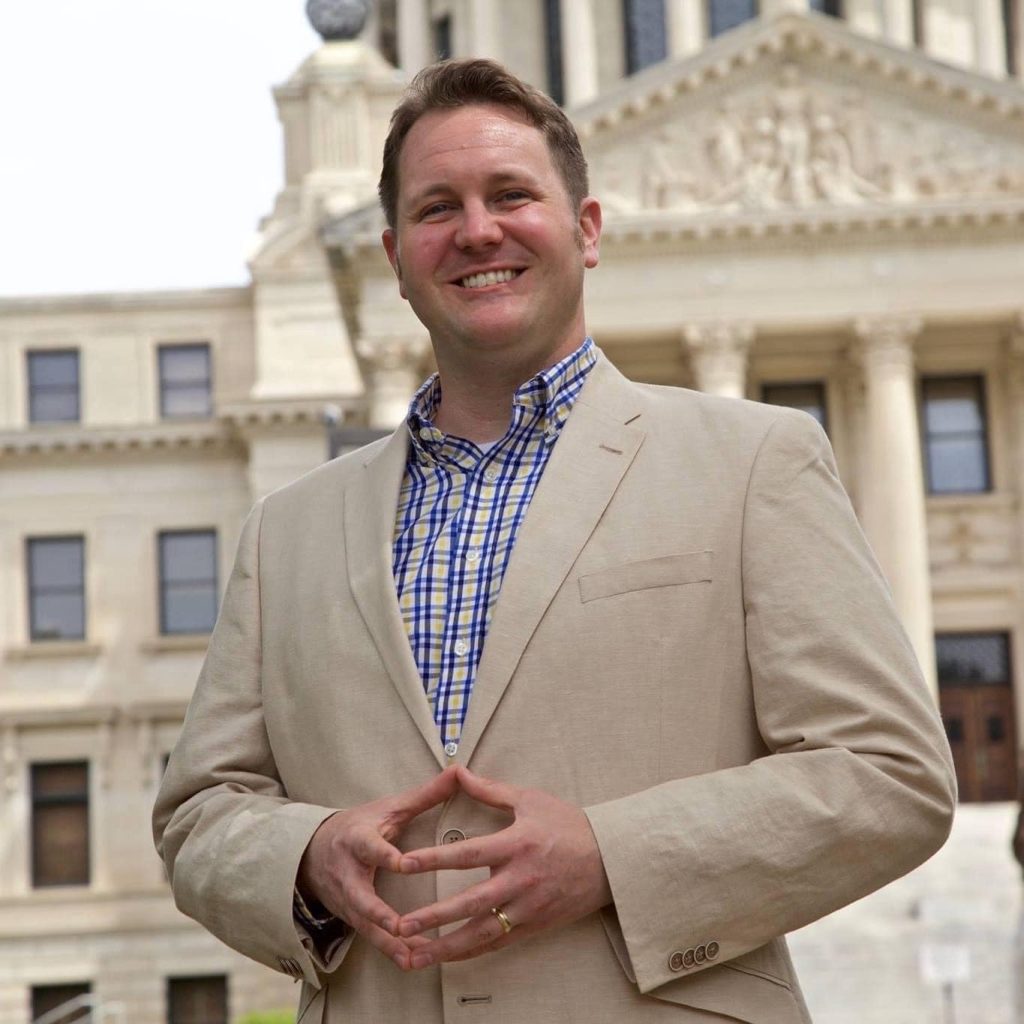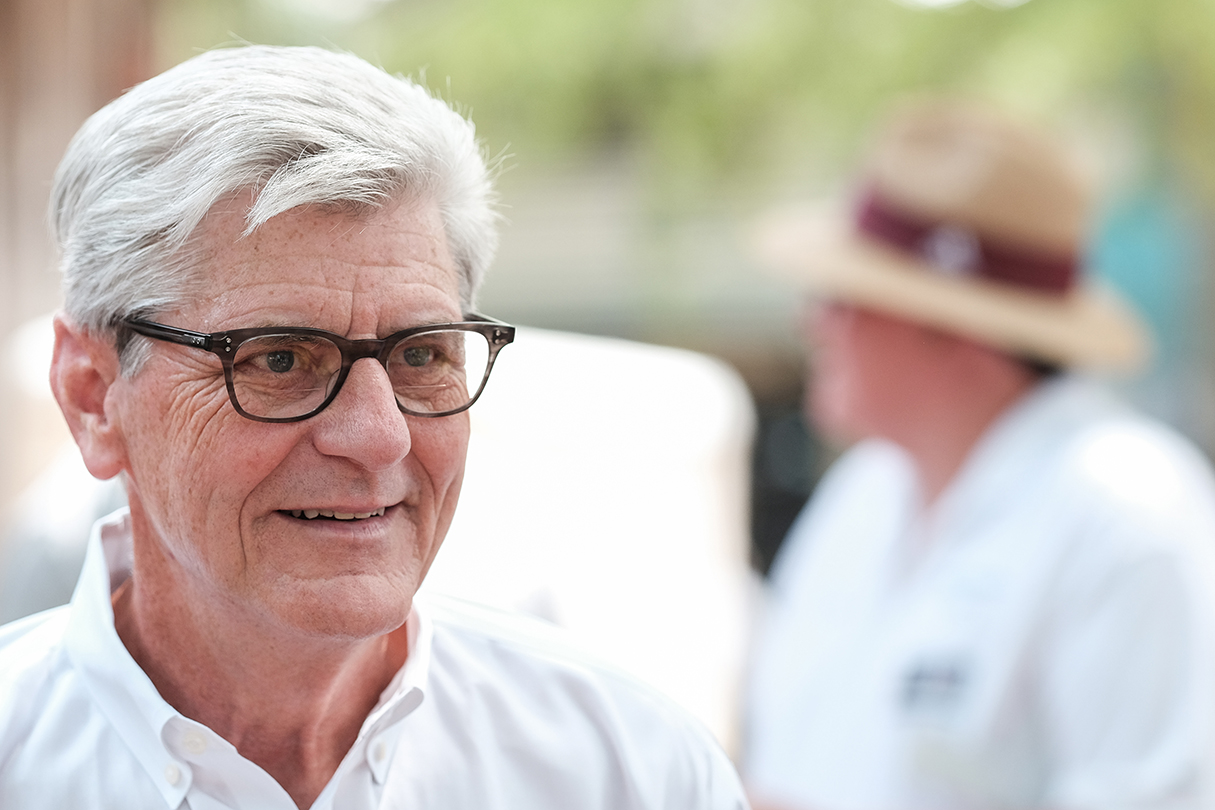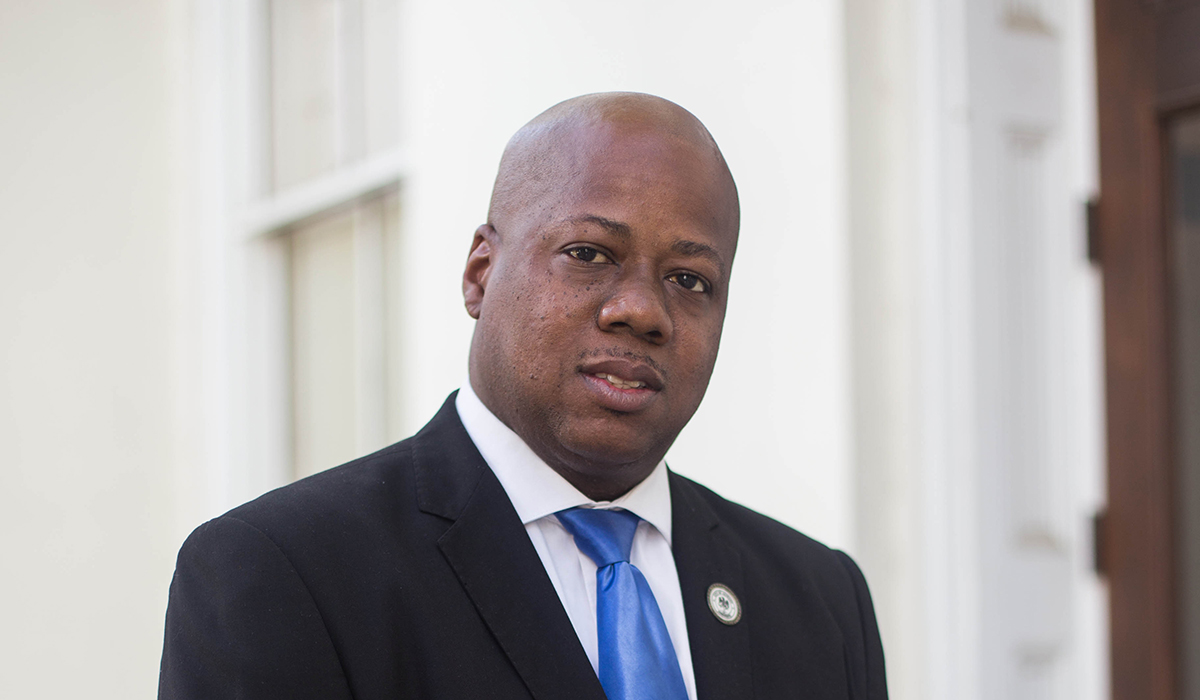By Laila Henderson
Stopping hair-based discrimination by employers and school administrators was the goal of Mississippi Rep. Lataisha Jackson’s House Bill 687 that the Como resident introduced in the Mississippi Legislature on Jan. 29, 2024. Twenty-nine of the 41 Democratic House representatives sponsoring the “Crown Act” alongside one Republican. It then died in committee on March 3.
Democrats in Mississippi have a hard time enacting laws like the Crown Act, which affect Black Mississippians more than white Mississippians, making it hard to achieve the simple majority needed to pass in the majority-white Legislature. Seventy-nine members of Mississippi’s 122-member House are Republicans, mostly white, while only 41 are Democrats.
Division is built into the federal system as well. When the full chamber votes on bills, open rule allows for Congress members to offer amendments to bills that were not created in their committees. House bills can be open or closed, while all U.S. Senate bills are open. This rule serves to reduce flaws in bills and provide stipulations that could benefit more constituents via the proposed amendments. If the bill is not desirable despite the proposed amendments, members of Congress can vote to not pass the bill. Disagreements in the voting stage often result in gridlock.

Nathan Shrader, an associate professor of politics at New England College who previously taught for eight years at Millsaps College in Jackson, Miss., says this slowness is by design. “Gridlock sometimes is necessary because the founders of the country developed the constitutional system to be intentionally slow-moving to prevent rapid change that could lead to upheaval and chaos,” he said in an interview.
In Mississippi, gridlock does not happen often, as Republicans represent the vast majority of the House and Senate. Instead, many bills introduced by Democrats die in committee, and sometimes, the reason for the failure of the bills is not because of its provisions. It’s about partisanship.
“(If) one of the leaders in the Democratic Party introduces a bill, oftentimes Republicans will immediately reject it,” Phil Bryant, former governor of Mississippi, told the Youth Media Project.
Extreme Partisanship Polarizes Elected Officials
Polarization on both sides may be the cause of the division between the parties. On the right and the left, party members have become less moderate in their ideologies—Republicans more so than Democrats. Pew Research Center reports that, since 1971, Democratic members of the U.S. Congress and Senate have become more liberal by a small margin with Republican members becoming more conservative by a much larger margin.
Increased hyper-partisanship can hinder legislative processes.
“It’s harder and harder to make policy because there’s so much deep-seated disagreement, but not just disagreement, distrust and dislike (for) each other,” explains Shrader, who also co-directs the Center for Engagement at New England College. “In the old days, Republicans, Democrats, conservatives and liberals—they didn’t get along, but they didn’t hate each other, necessarily. Today, it feels like they vehemently hate each other—not politically—but personally.”
Many blame the media for this phenomenon, but the media have covered American politics since the nation’s birth, and this level of polarization is a recent social occurrence.
“(The media) has been a part of political discourse since the very beginning,” former Gov. Bryant told the Youth Media Project. “What is failing us now is (that) much of the media simply lies.”
Bryant is currently suing a Mississippi news website for defamation related to the welfare theft scandal and demanding that it turn over notes and reveal confidential sources to the judge after framing him as guilty of steering the federal welfare funds to friends and family. The defamation case is pending in a Madison County court. Bryant has not been charged with committing a crime, and no findings have been made in his defamation case as of press time.

Experts say the problem of partisan media is especially obvious during high-profile elections such as this year’s presidential and congressional elections. Misinformation can be much more expansive due to the widespread use of social media. Controversial subjects and poorly vetted “opposition research” are more likely to go viral, culminating in many news outlets mainly focusing on political turmoil or sensational and incomplete “horse-race reporting.”
Thomas E. Patterson, professor of government and the press at the Harvard Kennedy School of Government, found that only about 10% of reporting about the 2016 presidential election was about policy positions, as he explained in a December 2016 working paper, “News Coverage of the 2016 General Election: How the Press Failed the Voters.” Most of the journalism around the 2016 presidential election fixated on who was ahead and behind and polls—instead of policy issues affecting people’s lives.
That is also true on a local level, some Mississippi leaders argue. “If there’s a media outlet here, local in Jackson, that doesn’t like Black leadership, then they’re going to always do things to make Black leadership look bad,” Jackson City Councilman Aaron Banks of Ward 6 said. “If there’s a media outlet, on the reverse, that doesn’t like the white leadership or Republican leadership in the state, they’re going to always do things to highlight things that will make them look bad.”
Politics has become personal to some people, even politicians. Because political affiliation may be indicative of someone’s core beliefs, an attack on a party may feel like an attack on one’s character. And attacks can feed off each other.
“Let’s say you’re from the left, and you say outrageous things about the candidate on the right—the Republican,” Phil Bryant said. “Well, Republicans feel like (they’ve) got to return fire, and so they say outrageous things, and then you get this environment of hate where (you) hate (your) political opponent.”
Bryant: ‘We Have to Stop the Battle’
The media is not the only cause of polarization, however. Political parties have become more racially diverse, as Black and Brown candidates win more seats in the House and Senate. Though diversity is a good thing, it may be the reason for the influx of differing viewpoints.
“You see the polarization because you see the division between Black left wing, right wing, poor white, rich white, poor Black, rich Black,” Councilman Banks said.
People in the same class and race demographic often hold similar views, and those views can differ from the beliefs of other demographics. If a politician is of a certain group, they tend to disregard the desires of people from other groups. Banks refers to this as “othering.”
“Othering is when someone is isolated or put in a certain place because they don’t agree with whoever the others are,” he said.

Despite inevitable differences, Banks believes that “we have to achieve togetherness, and in order to achieve togetherness, we have to begin to focus on those things that bring us together instead of highlighting those things that make us different.”
Because the media, and social media, allow people to share their beliefs globally, it has put people’s differences in the spotlight; however, the amount of infighting that comes with sharing one’s views has made politics a sour topic for many Americans. Pew Research reports that 63% of Americans have little confidence in the future of American politics, and 65% feel exhausted when thinking about politics.
Phil Bryant was a strong—some would say extreme—conservative during his eight years as governor of Mississippi. He was the chairman of the failed effort to get Mississippi voters to pass a Personhood initiative in 2011, one of the most extreme anti-abortion movements in the country that could have also blocked contraceptives and in-vitro fertilization. He also led the effort to pass the controversial anti-LGBTQ House Bill 1523 in 2016.
Now retired, former Gov. Bryant told the Youth Media Project that the political polarization needs to end. “We have to stop the battle—the real political battle—that is going on now, to not just have a disagreement but to destroy your opponent to eliminate his ideas or her ideas,” he said.
Laila Henderson is a 2024 Youth Media Project student-mentor who attends Brandon High School. You can read more about Laila here.


